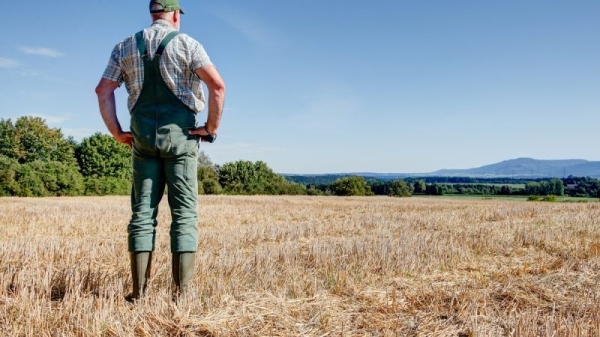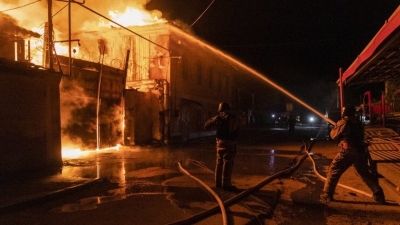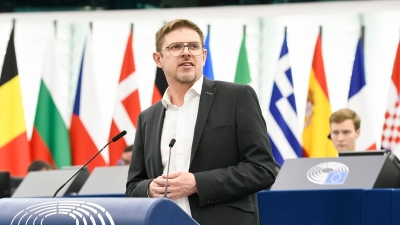EU moves to speed up adoption of green conditions simplification for farmers

The measures to loosen some of the environmental requirements of the EU’s Common Agricultural Policy (CAP) could come into force in 2024, with the European Parliament speeding up the approval of the Commission’s proposal and member states broadly supporting the initiative.
The coordinators of the political groups on the European Parliament’s Agriculture Committee (AGRI) agreed on Tuesday (19 March) to use an urgent procedure that would allow the plenary to swiftly approve the simplification package, unveiled by the EU executive last Friday, to meet farmers’ demands for less red tape.
The measures include changes to six of the nine Good Agricultural and Environmental Conditions (GAECs) standards – on which CAP’s massive payments depend – giving member states more flexibility in implementing the policy and exempting small farms from environmental compliance checks and penalties.
The Commission proposed to apply the changes to some GAEC standards and the exemption for small farms retroactively for 2024 but it pointed out that the feasibility of doing so would depend on the date of the law’s entry into force and stressed it should be discussed with the co-legislators.
Towards a swift adoption
The urgent procedure agreed by MEPs speeds up the process by sending the proposal straight to the plenary without the need for a report to be approved by the Parliament’s AGRI Committee.
The plenary is expected to vote on 10-11 April, in the next-to-last session before the EU elections in June.
A liberal and right-wing majority is expected to back the package, which has provoked mixed reactions from socialist MEPs and faces strong opposition from the Greens and the Left parties.
Norbert Lins, an MEP for the conservative European People’s Party (EPP) and chairman of the agriculture committee, welcomed on Tuesday the fact that the Commission had included some of the committee’s recommendations in its proposal.
Meanwhile, Portuguese Socialist MEP Isabel Carvalhais said she was “perplexed” that the Commission was tearing up some of the environmental practices it had supported in the first place.
Next steps in the Council
EU countries’ representatives in the Special Committee on Agriculture (SCA) broadly welcomed the proposal on Monday (18 March), an EU official said.
According to the source, the aim of Belgium’s presidency of the EU Council, which chairs the meetings of EU agriculture ministers until July, is to adopt the proposal soon “as it is, with no amendments”.
A working group will discuss member states’ questions on Thursday, and national delegations have to inform the Belgian presidency of their position by the end of the week, the EU official told Euractiv.
An additional SCA meeting will then be held on 26 March, the same day as the meeting of EU agriculture ministers, where EU countries are expected to agree to send a letter to the Parliament committing to adopt the proposal with no changes.
Mixed reactions
EU farmers’ association COPA and COGECA hailed the Commission’s move in a press release, saying that climatic, geopolitical and economic events had made it difficult for farmers to meet the requirements of what they described as “a highly complex” CAP.
“It was essential to (…) propose specific adjustments to make the CAP implementation more efficient. This is what the European Commission has done swiftly,” the press release said.
On the other hand, the European Environmental Bureau (EEB), an NGO, spoke against a “green” rollback and blamed the EU executive for not carrying out an impact assessment before presenting the measures.
Read more with Euractiv




